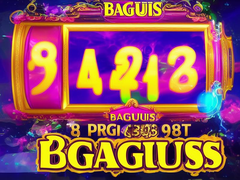.png)
The phrase “Lailahaillallah Muhammadarrasulullah” is central to Islamic faith, representing the ultimate declaration of monotheism and the finality of the prophethood of Muhammad. This declaration, often referred to as the Shahada, holds profound significance in Islam and is recited by Muslims around the world.
Understanding the Shahada
The Shahada translates to “There is no god but Allah, and Muhammad is the messenger of Allah.” This phrase underscores the core belief in the oneness of God and acknowledges Muhammad as His final prophet. It is a fundamental tenet of Islam, encapsulating the essence of Islamic theology and identity.
Significance in Daily Life
For Muslims, the Shahada is more than a statement of faith; it is a guiding principle in daily life. It influences personal conduct, community interactions, and religious practices. Reciting the Shahada regularly reinforces one’s commitment to Islam and serves as a constant reminder of their faith.
Role in Islamic Rituals
The Shahada is integral to various Islamic rituals and practices, including the daily prayers, the call to prayer (adhan), and the conversion process to Islam. It is recited during these rituals to affirm one’s faith and align with the teachings of Islam.
In summary, “Lailahaillallah Muhammadarrasulullah” is not only a declaration of faith but also a cornerstone of Islamic practice and identity. Its significance is evident in both personal devotion and communal rituals, making it a vital element of the Islamic way of life.









